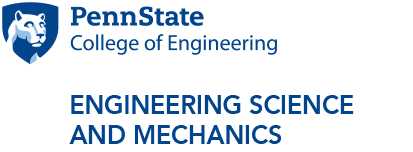Wearable and Flexible Electrochemical Biosensors for Continues Healthcare Monitoring
Wearable and flexible electrochemical biosensors represent a transformative advancement in continuous healthcare monitoring, addressing the growing demand for non-invasive, real-time, and personalized health insights. These cutting-edge devices leverage innovations in materials science, nanotechnology, and microfabrication to enable precise tracking of critical biomarkers in sweat, such as glucose, lactate, pH, and electrolytes, which reflect key physiological states and metabolic health. This talk will explore the integration of laser-induced graphene (LIG) with nano- and biotechnology to create highly sensitive, long-term stable, and fully flexible sensing platforms. By overcoming the limitations of current technologies, such as limited durability, rigid form factors, and the need for high sensitivity, these biosensors advance the field significantly. Furthermore, the multiplex sensing platform incorporates pH and temperature sensors alongside a flexible microfluidic sweat sampling network, enabling accurate continuous, non-invasive on-body biomarker detection with real-time calibration to account for pH and temperature variations. This cost-effective and robust platform holds immense potential for early disease detection, personalized medicine, and treatment evaluation, paving the way for widespread adoption in non-invasive healthcare applications and enhancing global health outcomes.
Dr. Farnaz Lorestani is an Assistant Research Professor in the Department of Engineering Science and Mechanics at Penn State University. She received her Ph.D. from UM and completed her postdoctoral training at UCLA and UCSB. Her work exemplifies the integration of fundamental chemistry with applied technology, pushing the boundaries of wearable and flexible biosensor innovation. Dr. Lorestani has published extensively in leading journals such as Nature Communications, Advanced Materials, and Advanced Functional Materials, and she is currently leading multiple interdisciplinary projects funded by NIH and other agencies.
Event Contact: Lana Fulton



